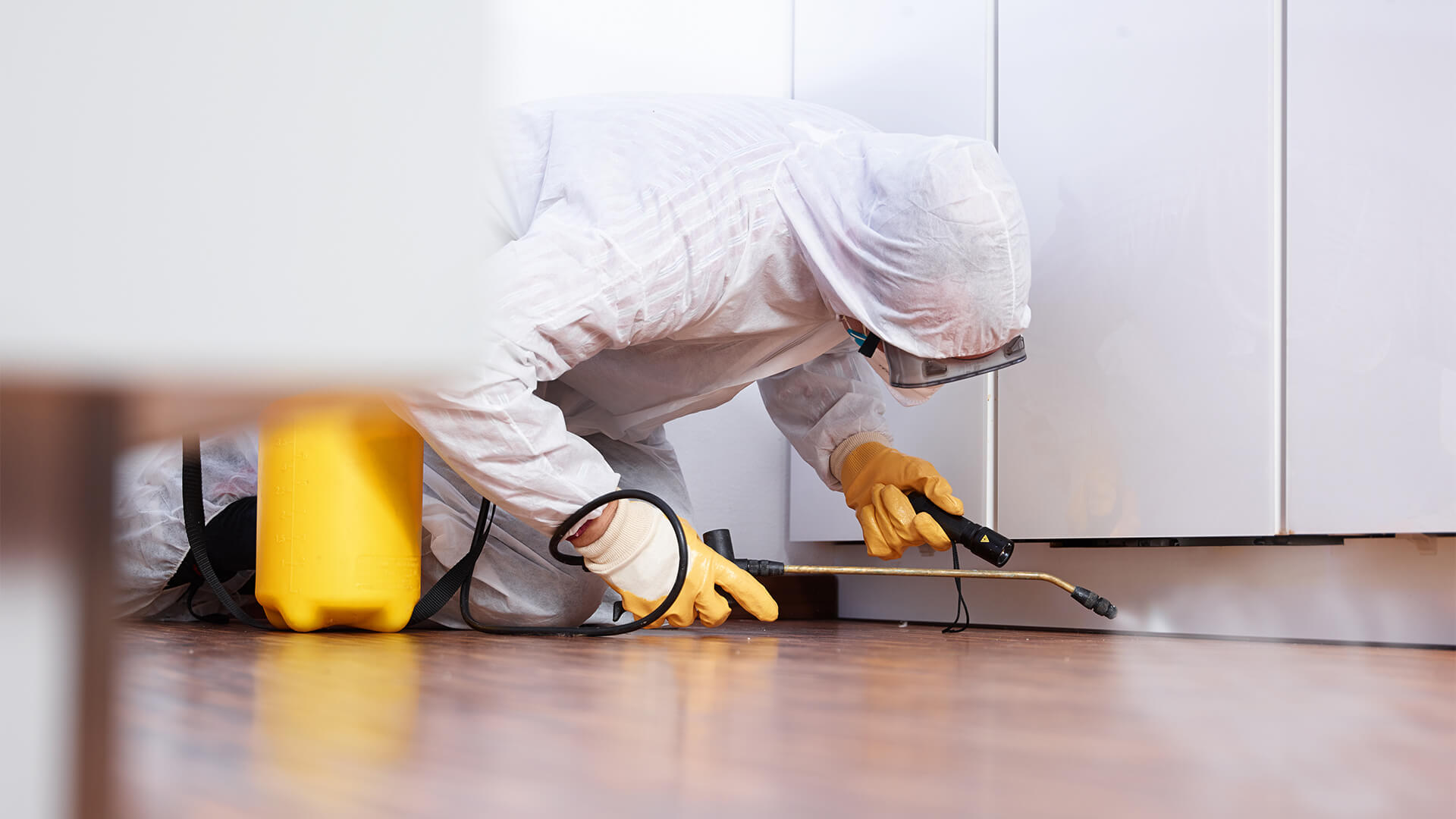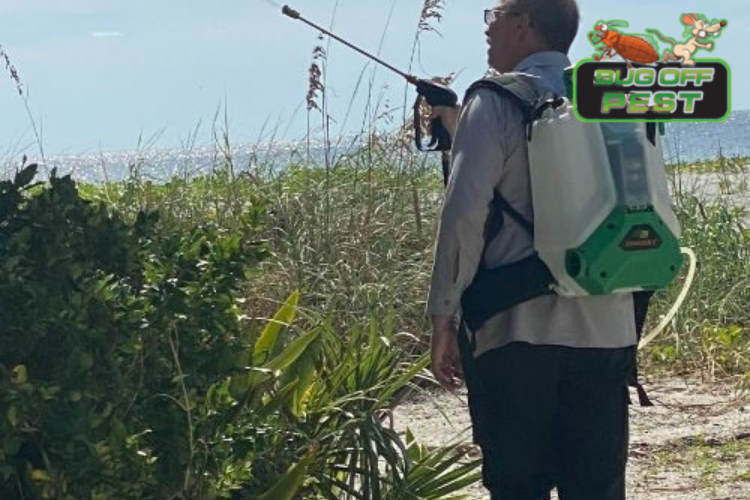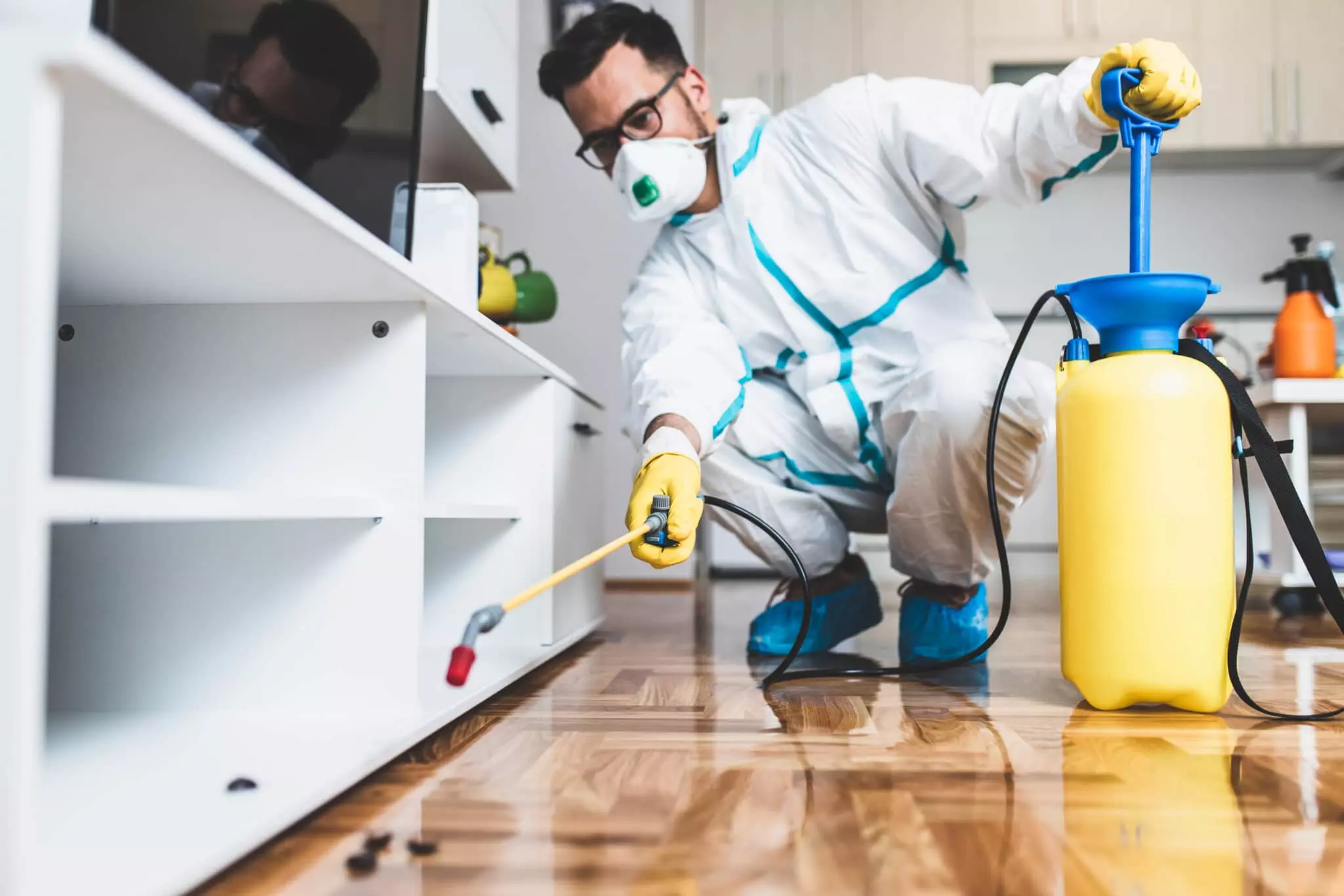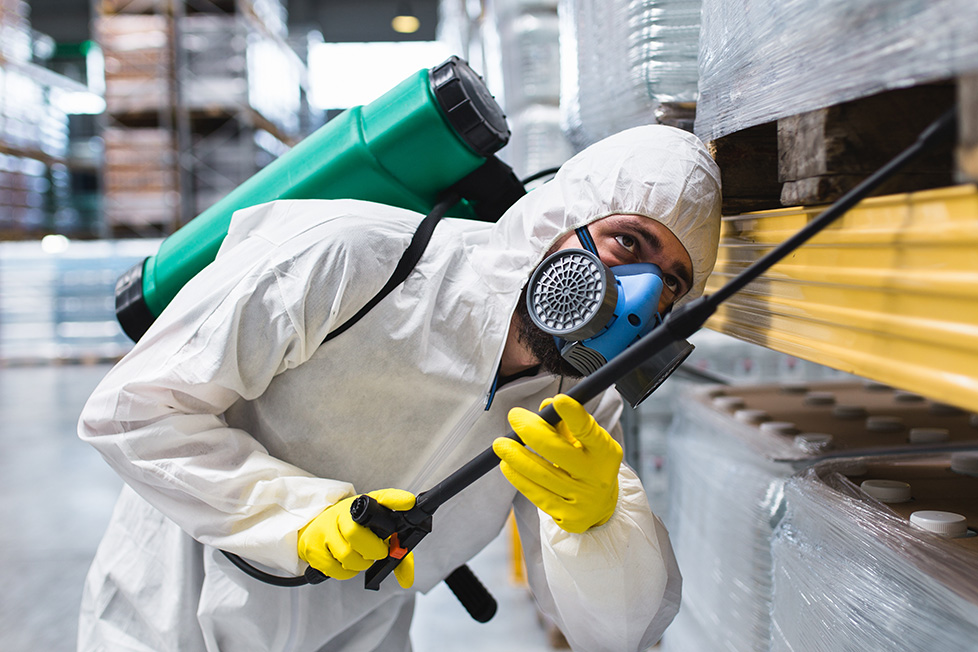All-in-one Pest Control in Port Charlotte for seasonal protection.
All-in-one Pest Control in Port Charlotte for seasonal protection.
Blog Article
Discovering Cutting-edge Strategies and Products for Effective Insect Control
The landscape of bug control is progressing, noted by the development of ingenious strategies and items developed to boost performance and sustainability. From smart catches geared up with advanced monitoring systems to organic approaches that use natural killers, these innovations provide a paradigm shift in exactly how we approach pest administration. Green chemical options and scent disturbance approaches offer targeted services that straighten with environmental stewardship. As the sector faces these advancements, a closer exam discloses not just their ramifications but additionally the prospective difficulties that may develop in their implementation.
Smart Traps and Keeping Track Of Solutions
Just how can modern-day innovation enhance bug administration? One significant advancement is the development of smart traps and keeping an eye on systems, which provide real-time data and analytics for efficient insect control. These systems utilize sensing units and wireless modern technology to find parasite task, alerting home supervisors and bug control professionals to infestations before they intensify.
Smart catches are outfitted with attributes such as lure terminals that draw in pests and record them effectively. These traps can be checked from another location, permitting timely interventions and reducing the demand for considerable chemical applications. In addition, the integration of artificial intelligence algorithms allows these systems to differentiate between target bugs and non-target species, improving the accuracy of parasite control steps.
Additionally, the information accumulated from clever traps can be assessed to determine patterns in parasite habits and ecological variables adding to problems (Pest Control in Port Charlotte). This details is indispensable for establishing targeted bug management approaches customized to certain settings. By welcoming wise catches and monitoring systems, pest control specialists can improve their operational performance and minimize the ecological influence of insect monitoring, ultimately bring about much safer and more lasting methods in the market
Biological Insect Control Methods
Using all-natural predators and parasites, organic parasite control methods use an eco-friendly choice to chemical treatments. This strategy includes the intro or enhancement of specific organisms that can normally regulate insect populations, thereby lowering dependence on synthetic chemicals. Usual examples consist of using ladybugs to regulate aphid infestations and parasitic wasps to target caterpillars.

Organic control can be categorized into three primary methods: timeless, augmentative, and conservation. Timeless biological control includes importing all-natural enemies from the bug's native habitat, while augmentative control entails increasing the population of existing natural adversaries through launches. Conservation methods concentrate on producing conditions that support these beneficial microorganisms in the community.
The performance of organic insect control pivots on recognizing the complex interactions within environments. It typically requires a thorough evaluation of parasite dynamics and the life process of both the parasites and their natural adversaries. While biological methods might not offer instant results like chemical alternatives, they contribute to long-term pest management and ecological community wellness. As recognition of ecological issues grows, biological insect control methods are increasingly recognized for you can look here their lasting function in incorporated parasite administration programs.
Eco-Friendly Chemical Alternatives
Environmentally friendly chemical choices give a feasible solution for insect monitoring that lessens environmental influence while effectively controlling bug populations. These options are obtained from all-natural sources and are very carefully created to target details bugs without damaging useful organisms, making them a crucial component of lasting parasite control approaches.
Among the most reliable green options are plant-based insecticides, such as neem oil and pyrethrin, which are originated from the seeds and flowers of different plants. These substances interrupt the life process of parasites, decreasing their populations without the hazardous effects connected with traditional pesticides - Pest Control in Port Charlotte. Additionally, essential oils like pepper mint and clove oil exhibit repellent residential properties, additionally enhancing their utility in pest management

Additionally, green chemical options typically damage down a lot more promptly in the setting, reducing the risk of dirt and water contamination. This characteristic aligns with the raising consumer demand for sustainable methods in farming and metropolitan pest control. As research study remains to advancement, the development look at more info of cutting-edge environment-friendly formulations will additional info certainly better enhance efficiency and expand application areas, enabling pest management experts to take on greener, more liable techniques in their techniques while securing human wellness and the environment.
Pheromone Disruption Techniques
One more cutting-edge method in sustainable parasite administration is using scent disturbance techniques. These methods make use of the natural chemical signals, or scents, that pests use for communication, particularly in breeding behaviors. By interfering with these signals, bug populations can be effectively handled without considering damaging chemicals.
Pheromone traps are typically used in this technique. Over time, this can lead to a significant decrease in pest populaces.

Integrated Pest Administration Methods
Effective pest control often needs a thorough method, and Integrated Pest Administration (IPM) methods give a structure for attaining this objective. IPM incorporates various management techniques to decrease pest populaces while minimizing dependence on chemical pesticides. This complex method begins with detailed surveillance and recognition of bugs, enabling targeted treatments based upon particular insect pressures.
Cultural practices, such as plant rotation and hygiene, play an essential duty in preventing parasite facility. Biological controls, consisting of natural killers and parasitoids, are utilized to maintain insect populations at workable levels. When required, careful chemical treatments are applied, emphasizing reduced poisoning to non-target types and the atmosphere.
Furthermore, education and outreach are important elements of IPM, promoting understanding amongst stakeholders concerning lasting practices and pest life process. The adaptability of IPM enables specialists to react efficiently to changing bug characteristics and environmental conditions. By employing this all natural technique, IPM not only improves insect control effectiveness however likewise contributes to lasting environmental balance. Inevitably, Integrated Pest Administration stands for a forward-thinking solution that lines up agricultural performance with ecological stewardship, making it crucial in modern pest control strategies.

Verdict
Finally, the integration of cutting-edge techniques and items for reliable parasite control represents a considerable innovation in sustainable parasite administration. Smart catches and checking systems, organic bug control approaches, environment-friendly chemical alternatives, and pheromone interruption strategies collectively improve the performance of bug management strategies. By taking on these approaches, the dependence on conventional pesticides can be lowered, promoting ecological health and wellness while making certain effective insect control. Proceeded research study and advancement in these locations will further enhance insect monitoring methods.
Report this page